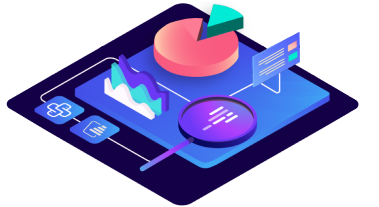Guide to effective SQL queries for relational databases

With the SQL & Relational Databases training you build up practical expert knowledge for SQL and relational databases. We'll break down common SQL practices and teach you how to get the most out of relational databases with the latest best practices.
The advanced training is designed for anyone who wants to learn SQL quickly and practically, apply the expertise and thus improve their IT skills. The course is also suitable for people who want to pursue a career in the IT or tech industry or become Data Scientist or Business Intelligence Consultants.
The demand for data experts is high. Around 4 million data experts will be needed in Europe by 2025. In Germany alone, 149,000 IT jobs are currently vacant. The demand for data and AI experts in particular continues to grow enormously.
But a decision for a data career is so much more than just a safe decision for the future! As a data expert, you deal with powerful, socially relevant topics, are a tech professional, and are communicative and creative at the same time. The profession is varied, can be combined with most other professions and offers an attractive salary. And most importantly, with us it can be learned unerringly!





StackFuel GmbH
Nostitzstrasse 20
10961 Berlin
info@stackfuel.com
030 / 544 533 420
Solutions
Company
Resources
Contact